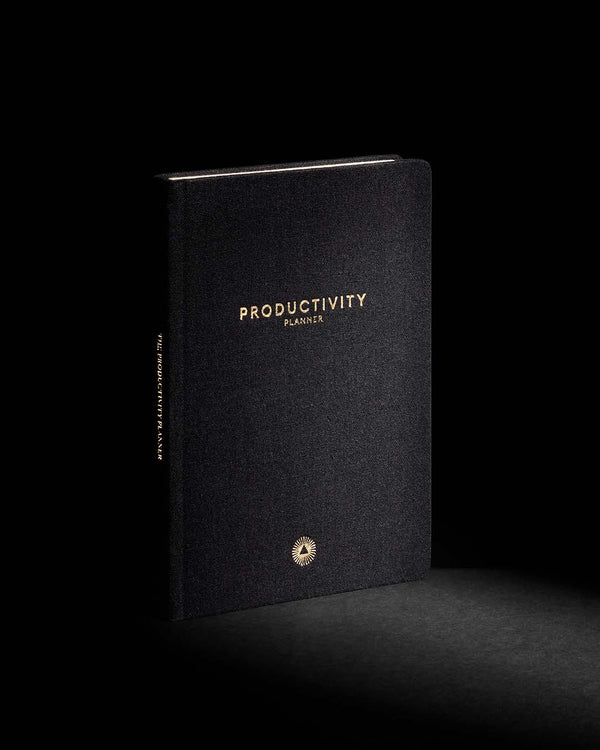On Being Authentic

We’re often advised to be our true selves, unleash our nature, or be authentic. It has become a new mindfulness movement to fight against socially imposed norms and search for our true, most authentic selves. At the same time, showing and accepting ourselves the way we are, unconditionally, can be challenging and, let’s admit it, scary. So let’s shed some light on this dilemma by exploring what is an authentic self and how we can embrace it.
The Dilemma of Authenticity
Being accepted by a social group we care about is important for our mental and emotional health, but only when it doesn’t come at the expense of compromising our own values and personal traits.
Many people perceive being authentic as revealing those traits that they don’t want other people to see. However, authenticity doesn’t mean becoming so transparent that other people can easily examine your inner thoughts and feelings. But what does it mean, then?
What is authenticity?
Defining authenticity is tricky. Most people would say it’s about acting in line with your values and qualities, but research conducted by the psychologist William Fleeson has revealed that people feel the most authentic when they behave in accordance with some socially desirable qualities.
Fleeson showed that even people who think of themselves as rude, aggressive, or disagreeable feel more true to themselves when they are polite, kind, considerate, or agreeable. All the participants in this study, regardless of their own dominant personality traits, associated emotional stability, intellect, and agreeability with being ‘their real selves’.
Is this then an indicator that all humans are, in fact, inherently good? Or does it mean that society has conditioned us to accept these norms as our own truth? Perhaps the truth is hidden elsewhere––in how we feel about ourselves. Perceiving ourselves as pleasant, kind, collaborative, and emotionally stable often feels comfortable but it is also true that sometimes we experience feelings and thoughts that are thoroughly uncomfortable, like anger, sadness, or jealousy.
So, how do we deal with the parts of us that are less comfortable to experience?
What about the bad days?
What may seem like a “sad day” or a “bad period” is in reality so much more than that. Sadness, as an emotion, has a very clear purpose in our lives.
Sadness is a natural reaction to loss, be it literal or symbolic. If someone dear to us passes away, we feel strong sadness and need time to grieve and recover from the loss. The same goes for ending a relationship. But sometimes, the loss is more abstract. We can become sad after a long period of being overworked or overwhelmed by life events. We can also feel sad over a positive event that brings an overwhelming change to our lives (moving to another country or graduation).
However, when we are relaxed, joyful, and easy-going, we are usually more attractive to other people. We may even feel more valuable or worthy of attention when we are happy. Society conditions the expression of our feelings and our behavior through these subtle reinforcements.
It seems as if a person that is never sad, down, or angry is the image of the perfect human baing. Someone who is always productive, who has no issues, and who does what’s desired every time. But is this really a description of a human being? Or does this sound more like a well-programmed machine or an enhanced, retouched version of the human being we get used to seeing on social media?
True human nature is to have a myriad of emotions, including the negative ones, and sometimes even no emotions at all. It’s in our nature to feel upset, tired, or lost in time and space, just like it’s in our nature to laugh, love, and be curious.
How to stay true to your nature (and be okay with it)?
So we are back where we started. Acting in line with social norms can be rewarding, but there is also a whole world of feelings that give depth to life experience.
Feeling the so-called negative emotions can be very uncomfortable, and we may try to reject them, convincing ourselves they aren’t a part of our true selves. However, rejecting parts of ourselves that seem less socially desirable can only make things worse. If we are alienated from our sadness, anger, or other less pleasurable feelings, we can’t understand what they tell us about our desires and needs.
Observe and Accept
If you’re going through a rough patch, try to detach for a second and observe yourself in the present moment. What are the emotions you are experiencing? Are you feeling sad? Annoyed? Distracted? Lost? Consciously acknowledging our feelings is an important step towards authenticity.
Once you put a name to your feelings, try to see if you can let these feelings sit. It can be challenging to accept our negative emotions due to shame, fear, or impatience. People often fight against their sadness by forcing themselves to reject or detach from it, but more often than not, all we need to do is to allow ourselves to feel negative emotions. When we accept they are a natural part of us and embrace them, we can give ourselves the space to understand our situation.
The same goes for anger and other challenging-to-deal-with emotions. They are there for a reason. When we acknowledge our feelings, instead of repressing them, we can understand and learn from them. Exploring our feelings this way helps us understand our boundaries, values, and needs more clearly. We become empowered to act freely and from the heart, with genuine intentions and authentic energy, instead of simply reacting to challenging situations.
Balance Things Out
Since we experience both positive and negative feelings and thoughts, it’s important to strike a balance. Our true self hides somewhere in between our various experiences. We aren’t defined by any individual emotional state we experience; we are a sum total of them all together.
There are different mindful activities that can help you find out who you are and what makes you sad, angry, happy, or insecure. Observing and reflecting on your experiences can reveal how you cope with adversity and the things you can do to help yourself flourish through life.
Keeping a notebook can help you learn more about yourself through the daily practice of reflecting on your experiences, thoughts, and emotions. The Five Minute Journal is an excellent reminder of the things you have to be grateful for each day. Sometimes it’s a fulfilling experience that makes you happy; at other times, it’s a lesson you learned from a challenging situation.
In order to experience our true nature, we need a little bit of everything. We need to experience and let every part of us be. If you let your turbulent emotions in and accept their reality, they stop being scary and start being helpful. You have a lot to learn from your anger and a lot to receive from your sadness.
We are constant work in progress, not perfectly programmed machines. Staying true to ourselves means being brave enough to acknowledge our feelings, no matter how imperfect we think they are.
_________
Being authentic is all about recognizing and accepting how we feel about ourselves and the world without letting outside judgments detach us from our own truth. It’s the process of understanding who we are and what we need from life to live more vibrantly. That means embracing all of our emotions.
So let’s normalize all days. Happy days, sad days, gloomy days. Angry days, boring days, exciting days. Let’s let ourselves be and live our lives to the fullest. If you wake up in the morning feeling lost, it might well be temporary, tomorrow things may get back to normal. Still, one of those days you could actually enter a period of intense analysis and exploration leading to the integration of a brand new self-image, self-esteem, and your ideal self.
As soon as you know who you are and where your core values lie, find the courage to be yourself unapologetically. Only then will all the elements of your happiness fall into place with a satisfying click.







